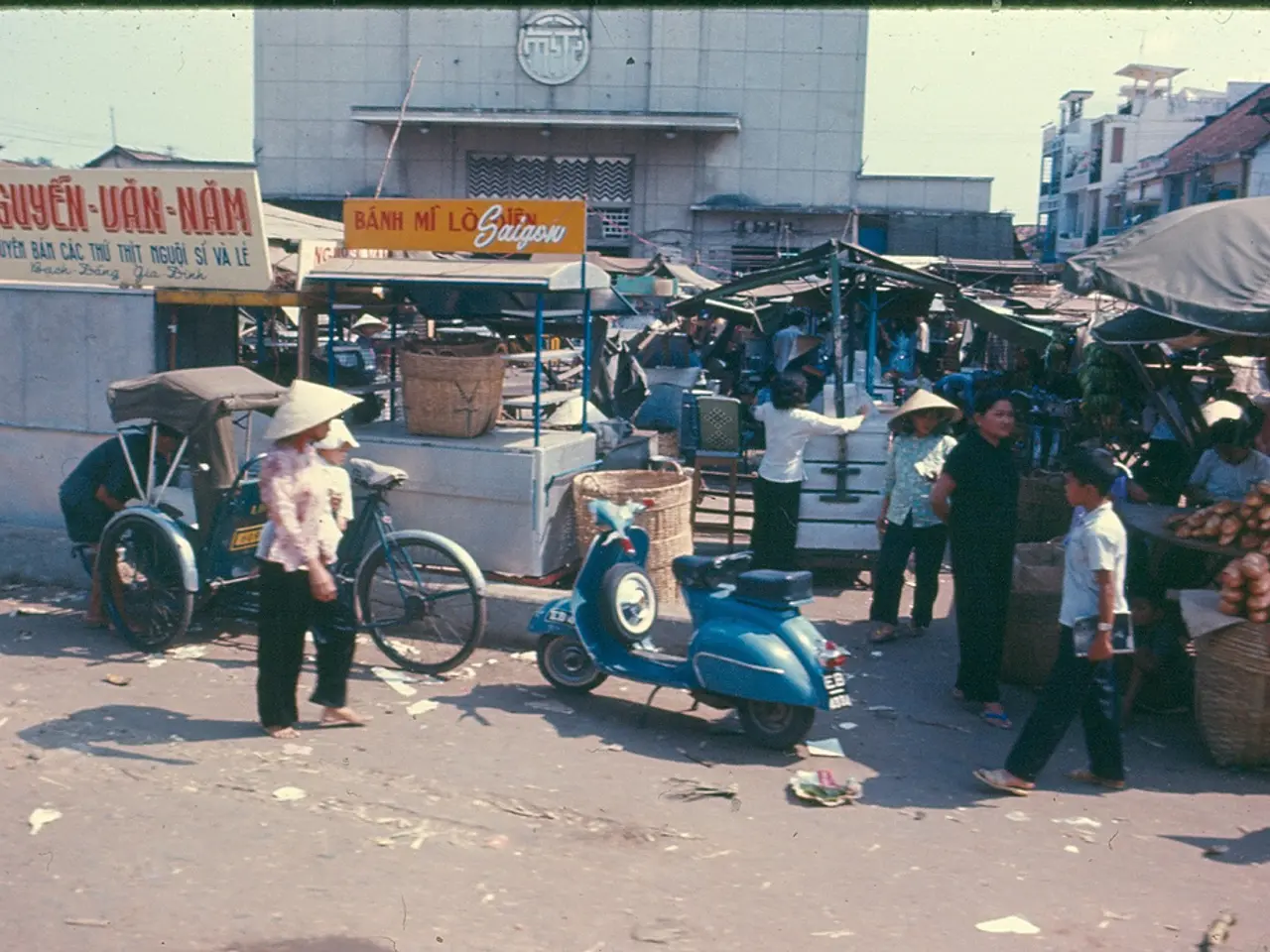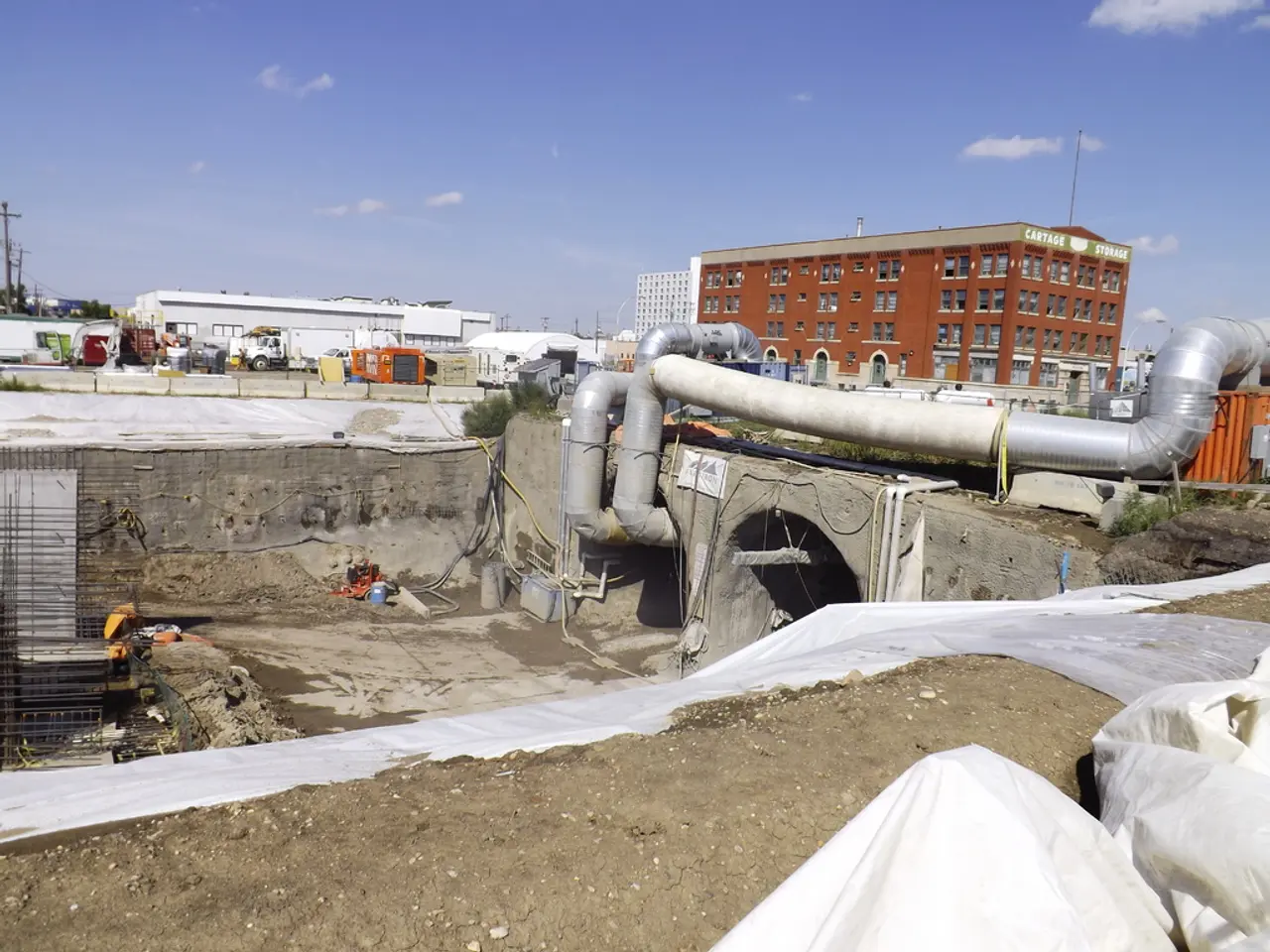Kazakhstan Moves Forward to Lessen Plastic Waste
In the heart of Kazakhstan, a transformative initiative called Smart Plastic Zone has been set in motion, aiming to combat plastic waste and champion sustainable development principles. Supported by TOO "Coca-Cola Kazakhstan," and implemented by TOO "GPI-Lab" and the GreenUrban Association, this project is making waves.
Plastic waste poses a significant threat worldwide, persisting in ecosystems for hundreds of years. Kazakhstan is no exception, and this project targets responsible businesses that are committed to lessening plastic pollution.
So, how does it work? Hotels, restaurants, schools, social facilities, and other organizations embracing recycling and sustainable practices can join this project. A merit-based system is in place, where participants can earn either the Smart Plastic Zone Gold or Silver quality marks. The Gold mark is bestowed upon companies with exceptional ecological initiatives, while the Silver mark is granted to those taking their first steps towards reducing plastic waste.
Alexandra Akkerman, the Director of Government Relations, Communications, and Sustainable Development for Coca-Cola in the Central Asia and Caucasus region, celebrated the initiative:
"The Smart Plastic Zone project serves as a crucial step in minimizing Kazakhstan's business environment's plastic footprint. Companies can now adopt eco-friendly practices, engage in educational webinars, and seek expert advice. The project's certification system — awarding Gold and Silver marks depending on the company's success — could catalyze the current trend of environmental initiatives and growing public awareness."
Initially launched in three cities, Smart Plastic Zone has since garnered interest from companies nationwide. Astana alone boasts 54,820 square meters of facilities bearing the Smart Plastic Zone designation. Another region, North Kazakhstan, has also joined in, as companies adopt innovative technologies and reduce their plastic consumption levels.
A shift towards alternative materials is palpable. Businesses are shunning plastic bags in favor of recycled paper, adopting reusable dishware, and installing water filters in place of water coolers. Restaurants are offering free water in glass bottles, and large corporations are encouraging employees to use reusable thermoses and mugs.
Incentives such as discounts at cafes for recycling plastic bottles or training staff on waste segregation are now commonplace. Some businesses are even exploring the use of biodegradable materials like compressed wheat.
However, experts cautioned that the project faces notable hurdles. Staff motivation to change habits and the initial costs associated with adopting new, sustainable methods are significant challenges. Additionally, the reliability of recyclable and eco-friendly materials remains a key concern.
Despite these obstacles, initiators remain optimistic. They believe that over time, a culture of responsible consumption will take root, and businesses will lead the charge for environmental change. With public support pivotal to this transition, Kazakhstan is making strides towards a future of reduced plastic pollution.
- The Smart Plastic Zone project, involving Coca-Cola Kazakhstan, GPI-Lab, and GreenUrban Association, extends beyond its initial cities, promoting environmental science principles to combat climate change.
- Recognizing the significance of corporate responsibility towards plastic pollution, the project encourages businesses to adopt sustainable practices, with financial rewards such as discounts at cafes for recycling plastic bottles.
- In the realm of science and business, the Smart Plastic Zone project aims to introduce innovative technologies, replacing plastic with alternative materials like recycled paper and compostable wheat, fostering a culture that prioritizes environmental conservation.




